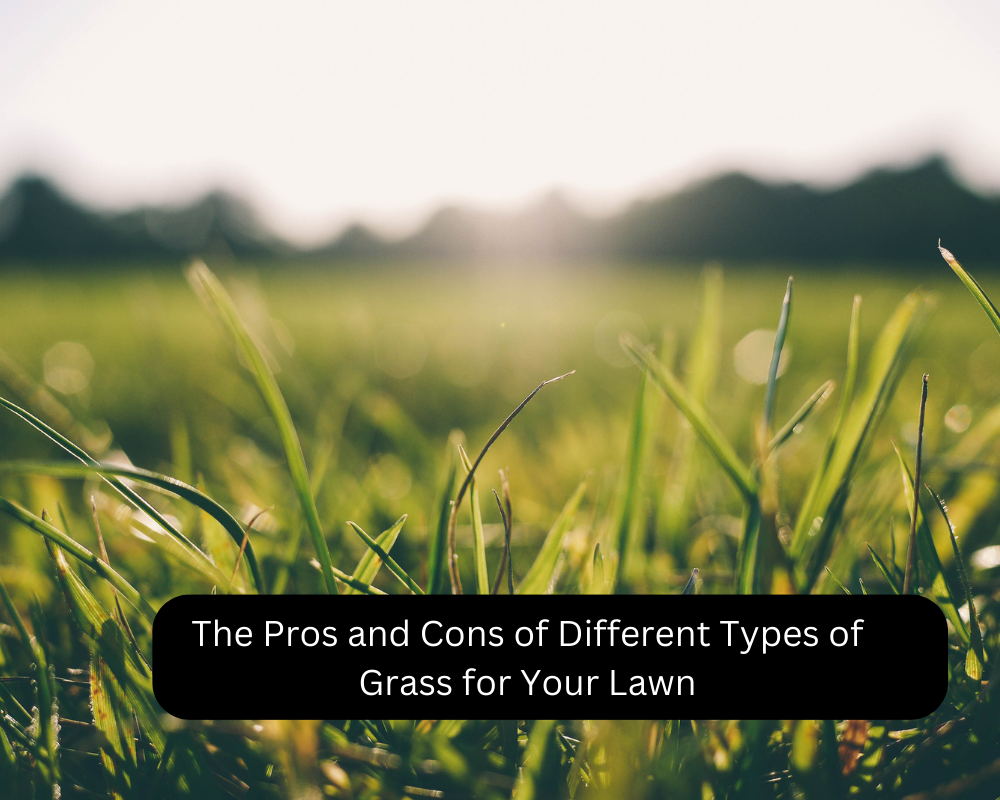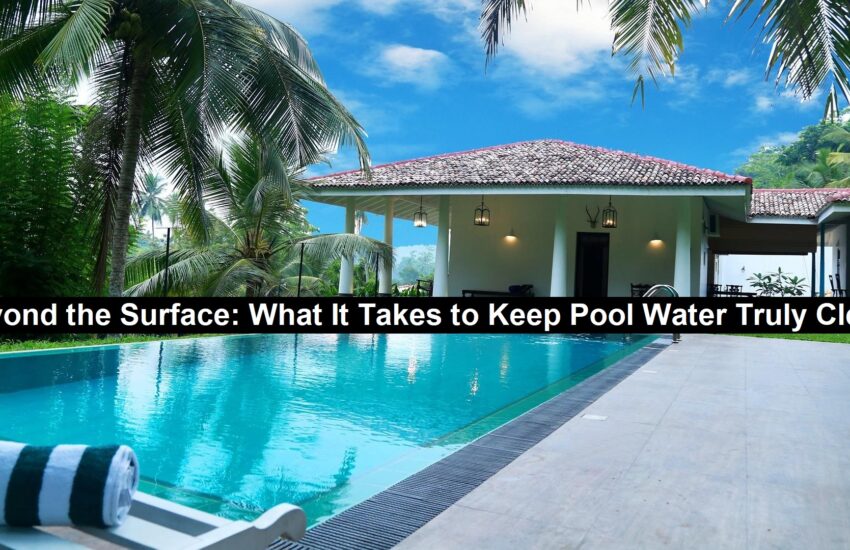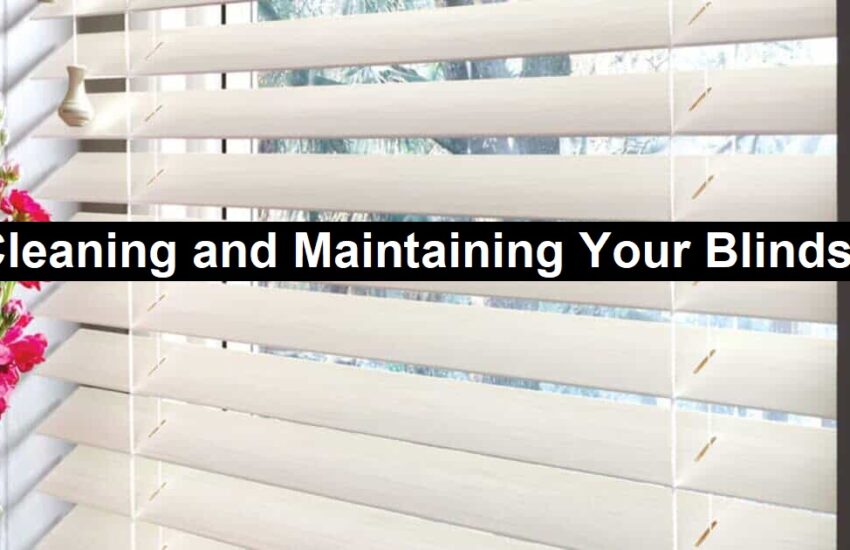The Pros and Cons of Different Types of Grass for Your Lawn
A lawn that is well-maintained, attractive, and in good condition can increase the value of your home while also creating a welcoming and restful outside environment for you and your family to enjoy. Nevertheless, selecting the appropriate variety of grass for your lawn can be a challenging endeavor. While your lawn may be uniform, blending furniture styles in your home can create a unique and personal atmosphere. Because there are so many options to choose from, it may be challenging to choose the variant that best suits your needs. In order to assist you in making an educated choice regarding the type of grass that you should plant on your lawn, we are going to examine the benefits and drawbacks of the many types of grass that are available.
1. Bermuda Grass
In regions with hotter summers and springs, Bermuda grass tends to do well as a lawn grass. Because of its well-known resistance to both drought and heat, this material is an excellent choice for homeowners who reside in regions that experience long, hot summers. In addition to this, it is incredibly durable and can withstand a lot of foot traffic. While Spray Foam Insulation can add great value to your home, choosing the right types of grass for your lawn is essential for a beautiful and functional yard. If you want to fill in empty patches in your lawn, you should consider selecting an option that grows quickly and can spread without much effort.
However, it is also invasive and can quickly take over nearby flower beds and other areas of your yard. It also requires a lot of maintenance, including frequent mowing and watering, to keep it looking its best. If you’re not up for the task of maintaining your Bermuda grass lawn yourself, consider using a professional lawn care service such as Heroes Lawn Care.
2. Zoysia Grass
Another grass that does well in warm regions is zoysia grass, which is often used for lawns. It is well-known for its resistance to arid conditions, particularly heat and dryness, as well as for its capacity to tolerate partial shade. If you want a lawn that looks nice and is comfortable to walk on, zoysia grass is an excellent choice because it is dense and has a lot of foliage.
However, due to its sluggish growth rate, zoysia grass requires more time before it can be used to establish a whole lawn. In order to keep it in good health, it needs to be fertilized and aerated on a regular basis. This type of grass also takes more upkeep than certain other types of grass.
3. Fescue Grass
The cool-season grass known as fescue is widely grown in the more northern parts of the United States. It is well-known for its adaptability, as it can thrive in a broad variety of soil types and can also survive in partially shaded environments. In addition to its resistance to drought, fescue grass needs significantly less water to thrive than other types of grass.
However, fescue grass is not tolerant to high temperatures, thus it is not the ideal option for locations that experience scorching summers. It also does not spread as easily as Bermuda grass or Zoysia grass, which makes it more difficult to produce a full lawn than those two types of grass do.
Read: How to Choose the Right Garden Furniture for Your Next Gathering
4. Kentucky Bluegrass
Kentucky Bluegrass is a popular choice for lawns in cooler climates. It’s known for its deep green color and soft texture, as well as its ability to tolerate heavy foot traffic. Kentucky Bluegrass is also very cold-tolerant, which makes it a great option if you live in an area with harsh winters.
However, Kentucky Bluegrass requires a lot of maintenance, including regular watering and fertilization, to keep it looking its best. It’s also susceptible to disease and insect damage, which can be a problem if you don’t take steps to protect your lawn.
In conclusion, choosing the right type of grass for your lawn depends on a variety of factors, including your climate, soil type, and maintenance preferences. While the type of grass you choose for your lawn may influence watering needs, proper gutter installation is still crucial for overall drainage and foundation health. By considering the pros and cons of different types of grass, you can make an informed decision and choose the best option for your particular needs. Whether you prefer Bermuda grass, Zoysia grass, Fescue grass, Kentucky Bluegrass, or St. Augustine grass, with the right care and maintenance, you can have a beautiful and healthy lawn that you’ll be proud to show off.



